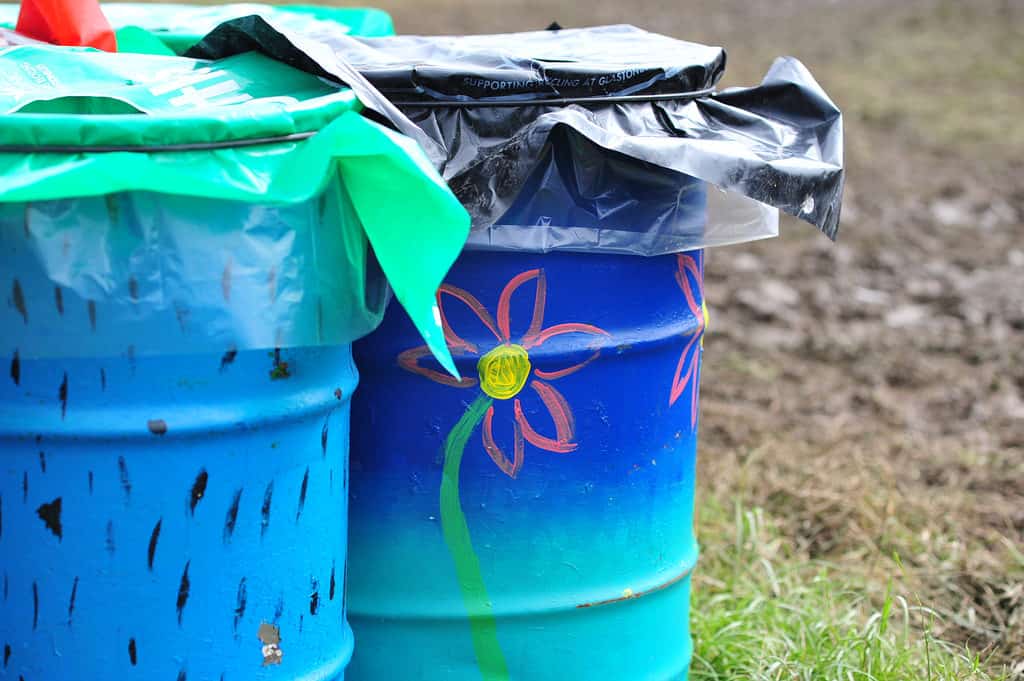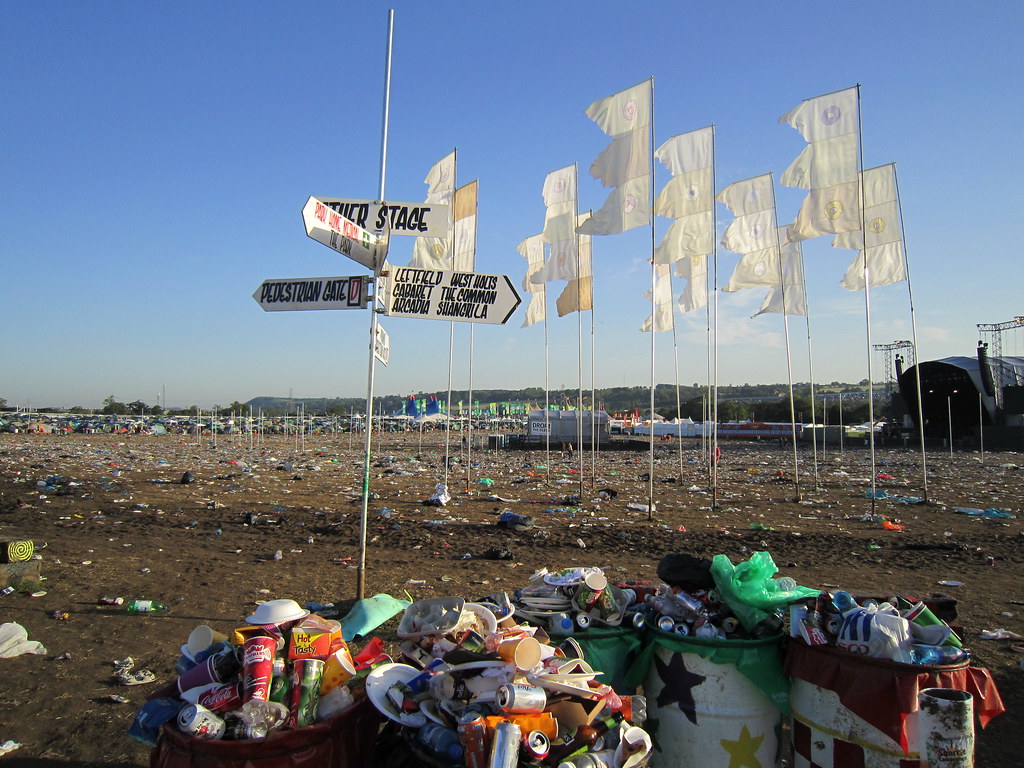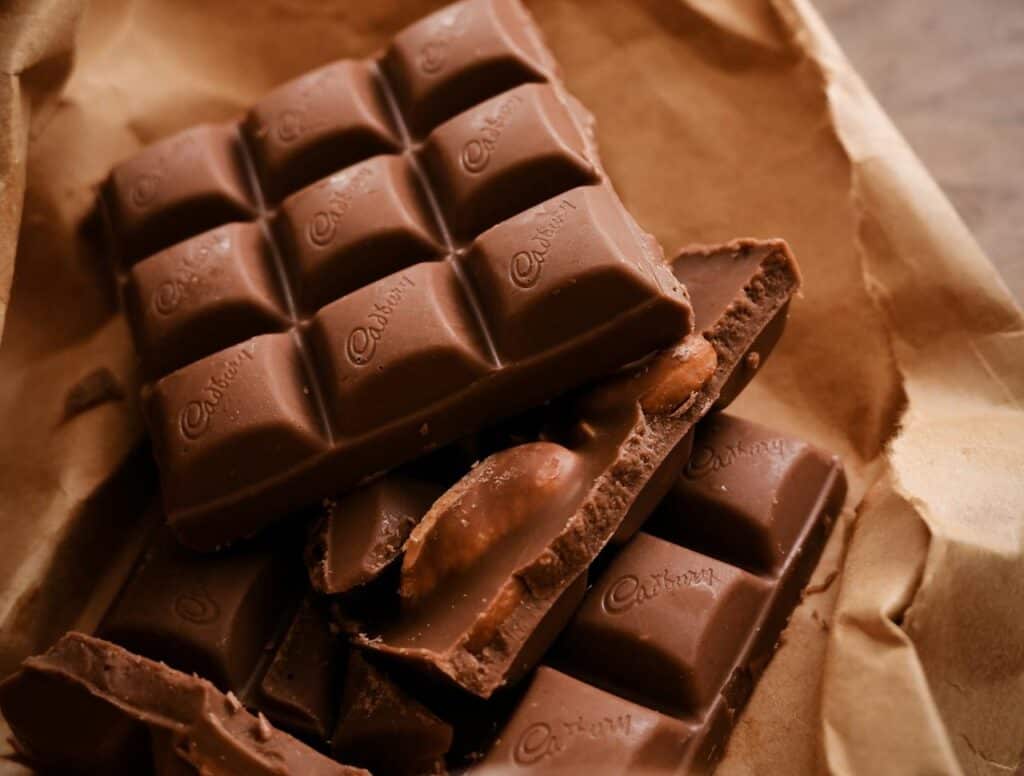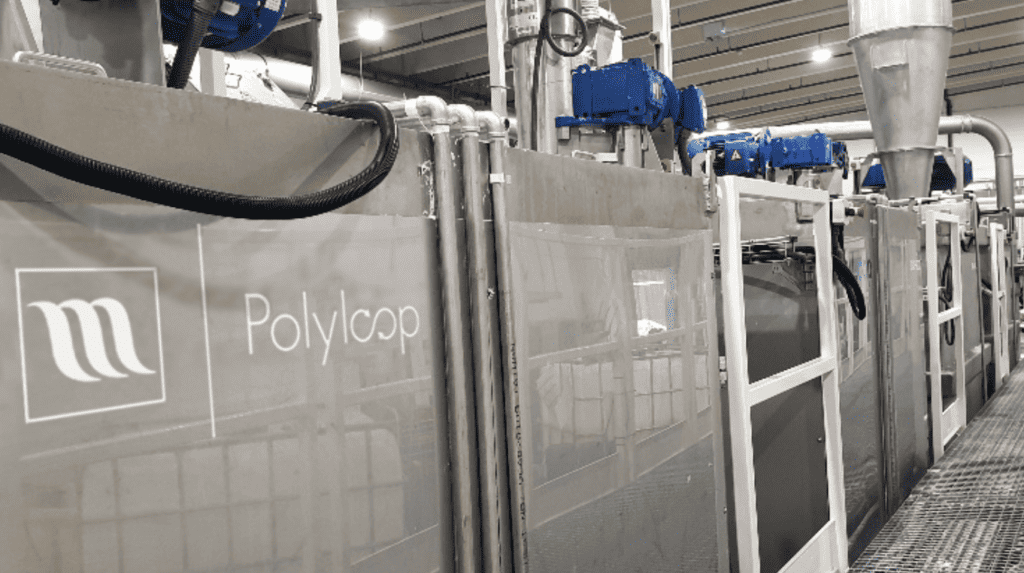Glastonbury Festival organizers have declared plans to become the world’s greenest festival, and initiatives to meet this target will begin this weekend.
Glastonbury attendees will be encouraged to purchase stainless-steel reusable bottles to cut down on the huge number of plastic bottles that are carelessly discarded each year. An estimated one million plastic bottles are used by around 177,000 people at the festival, and organizers are keen to see a dramatic reduction in littering. To aid the use of the reusable steel bottles, 400 fresh-water taps have been installed at the site, in Pilton, Somerset. The festival crew will all receive a bottle for free, in the hope that the initiative can spread. A Glastonbury website statement has said:
We are really proud of our recycling facilities and our strong recycling team of 2000. During and after the festival we have a full production line of people hand sorting all of the festival rubbish from the bins onsite in compostable materials (plates, cups, food and cutlery) Cans and plastic.
Some people are becoming concerned about the potential for the bottles being used as a projectile, which can be very common for live music events. It is often the awful acts musicians who bare the brunt of launched items, but hopefully people can be sensible with these bottles.
In 2011 I visited the 900-acre site to volunteer as part of the clean up in the aftermath of Glastonbury festival. What I saw was quite shocking; it was as if the grass had been replaced by a carpet of litter, most of it highly recyclable. Plastic bottles, beer cans, food, tents and napkins were strewn without regard on the land. It comes as no surprise to me that Glastonbury festival’s organizers are making a real effort to tackle this behavior.
Plastic recycling initiatives at festivals overseas
Sudoeste festival near Zambujeira Do Mar, southern Portugal, takes a different approach to tackling the problem of plastic cups. A kiosk set up between the camping area and the main stage houses an arrangement of gifts that are beneficial to any festival goer. A sunhat, blanket, drawstring bag, headphones or a watch, just to name a few. To get any of these gifts, you have to earn ECO’s, which are small tokens that are rewarded from returning stacks, or bags of plastic cups. MEO (formerly TMN) work in conjunction with the festival to keep the site clean. In 2011, they managed to exchange more than 440,000 cups into ECO tokens. Additionally, Festival goers can charge their phones using solar energy, and even plant a pine tree when the festival is over. Volunteers also welcome people into a special tent full of instruments made from recycled and reclaimed materials!
A solution for all?
There is however, a solution that may appeal to all, and could well win over future festival crowds. It has been tested out at several festivals over Europe and with great success. The product is a metal canteen, roughly the size of a mug, which has a carabiner clip for a handle, so can be attached to a belt loop when not in use. Even Bear Grylls has begun selling them from his personal web-store! The issue for festival organizers is the price of having them made and the risk that they won’t sell. Of course, plastic recycling on the scale of cleaning up a festival like Glastonbury cannot be cheap. It takes sometimes weeks to get the site as close to it’s original state as possible. Organizers could offset the waste removal savings against the cost of the canteens, and then the festival wins, the public wins, plastic recycling wins, the environment wins and a sustainable solution has been successfully implemented!
So if you visit a festival this summer, remember to use the bins provided, and reuse cups when and where you can.









